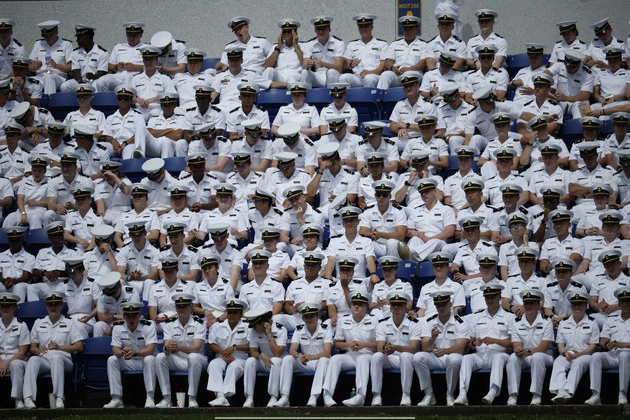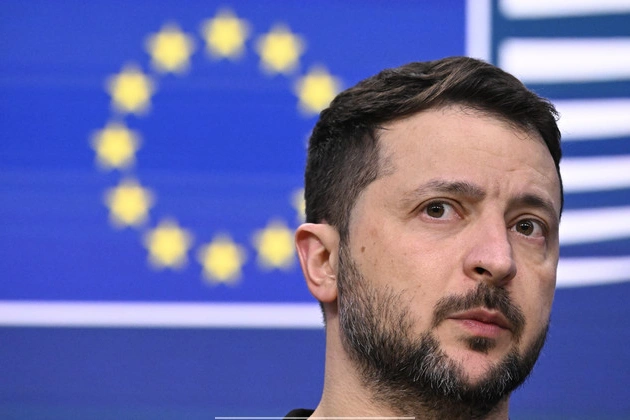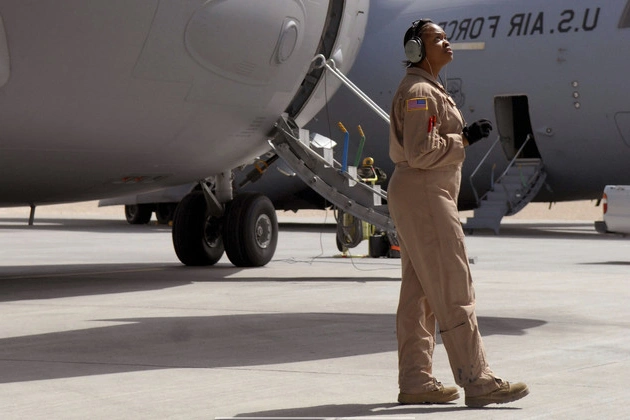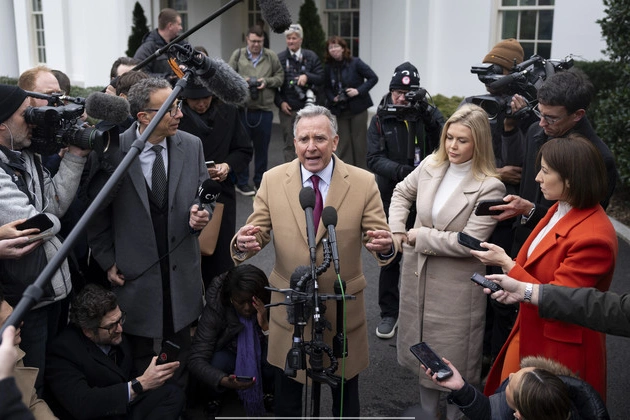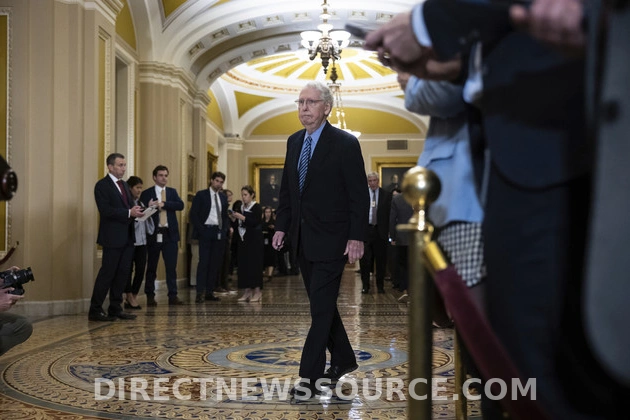
Senate Minority Leader Mitch McConnell is taking aim at his party’s isolationist wing — including Donald Trump — faulting them for undermining tough-on-Russia policies and sending mixed signals to allies.
Mitch McConnell’s Critique of Isolationist Trends
The Kentucky Republican delivered a rare critique of the president-elect in a Foreign Affairs essay on Monday, warning against the “right-wing flirtation with isolation and decline.” McConnell, who is stepping down from the Senate GOP’s top spot, urged Trump to reject voices in the party advocating for a retreat from U.S. commitments to Ukraine and NATO and called on the new administration to double down on American military might.
“America will not be made great again by those who simply want to manage its decline,” he wrote.
McConnell’s Stance on U.S. Foreign Policy
By criticizing Trump’s missteps on Russia and cautioning against a retreat from global commitments, McConnell staked his claim as a check on isolationist voices in his own party. He’ll chair the Senate Defense Appropriations panel next year, teeing up a potential clash with a White House that could pursue a wholesale revamp of U.S. foreign policy.
The article represents McConnell’s most extensive comments about national security and foreign policy since he announced his departure. And they highlight the widening split within the Republican Party as he exits leadership and Trump returns to Washington.
Call for American Military Strength
McConnell called on the incoming Trump administration to invest more money in the military and not forfeit U.S. involvement in Europe in favor of focusing on Asia, particularly China. He called the two regions “interconnected challenges.”
While he jabbed at President Joe Biden’s policies, he also pointedly criticized isolationist strains in the GOP. “The response to four years of weakness must not be four years of isolation,” he wrote.
Challenges to U.S. Foreign Policy
“Standing up to China will require Trump to reject the myopic advice that he prioritize that challenge by abandoning Ukraine,” McConnell added. “A Russian victory would not only damage the United States’ interest in European security and increase U.S. military requirements in Europe; it would also compound the threats from China, Iran, and North Korea.”
The sharp critique focused on Trump’s first-term inconsistencies on Ukraine and global crises. McConnell credited Trump for sending lethal weapons to Ukraine, striking targets in Syria after a suspected chemical weapons attack by the Assad regime, and heightening U.S. energy production to counter Russia. But temporarily withholding $400 million in security assistance to Ukraine undercut those hawkish moves, he said.
McConnell’s Call for Continued Aid and Defense Budgets
McConnell has been a vocal supporter of continued aid to Ukraine and larger Pentagon budgets. He has reprimanded both parties for not taking global threats seriously.
But his most notable criticism has been for his own party. His words underscore how he may serve as a foil to Trump and his wing of the GOP from his new post-leadership perch.
McConnell’s Vision for U.S. Military Power
He also endorsed a sweeping push to expand U.S. military power and ensure the country can respond to two global crises at once. He called for investments in munitions stockpiles, the defense industrial base and technical cooperation with allies.
McConnell, in line with calls from conservatives to slash spending, wrote that Trump should gut “extravagant” non-defense spending spurred by Democrats to finance increases to the Pentagon budget. He also called for overhauling entitlement programs and government regulations.







